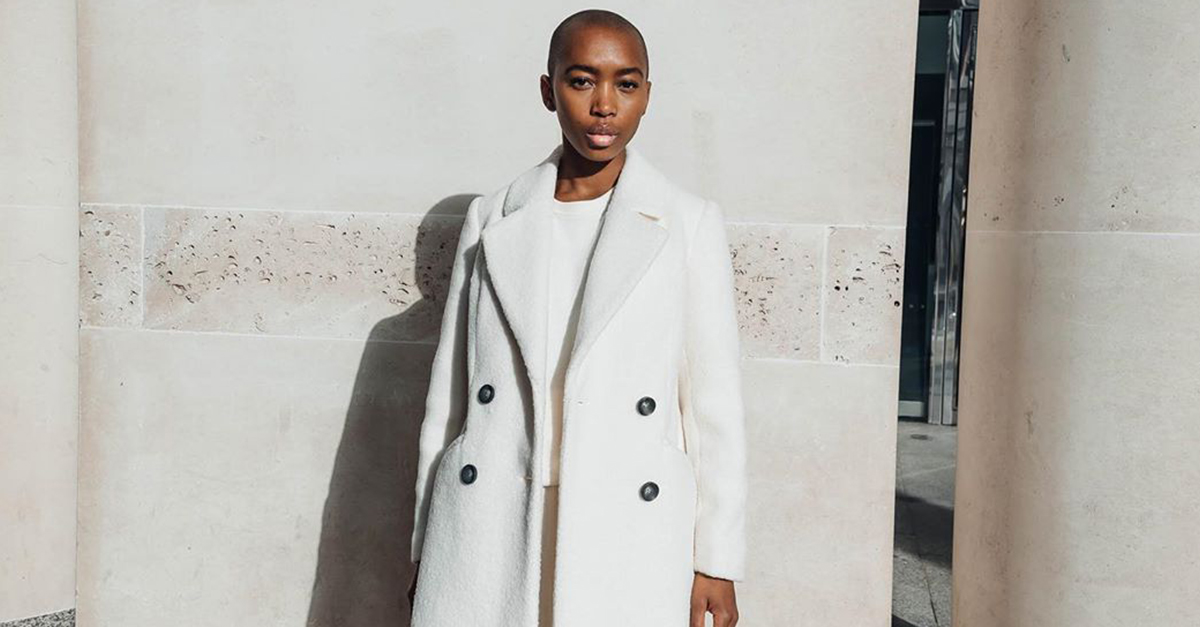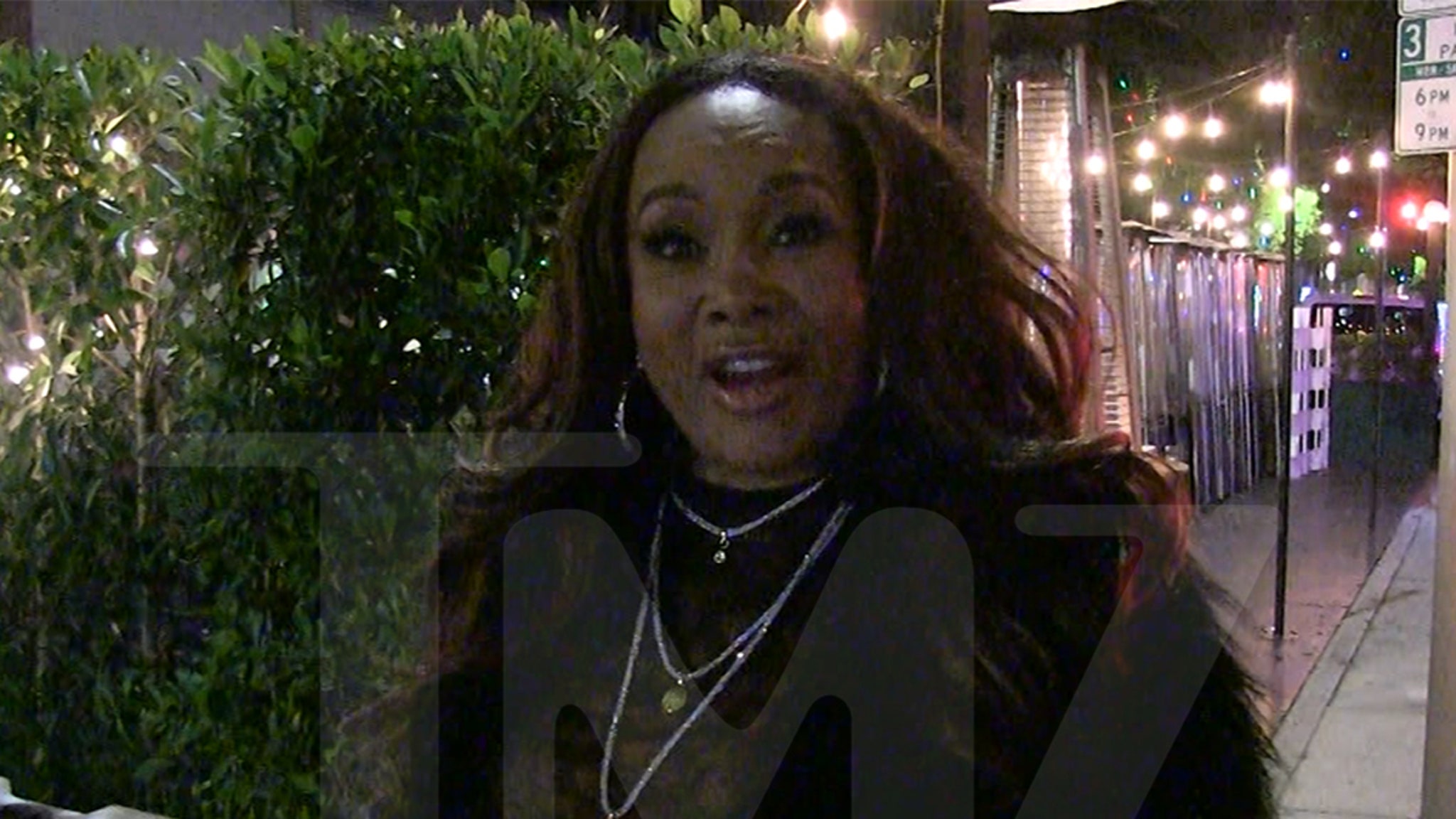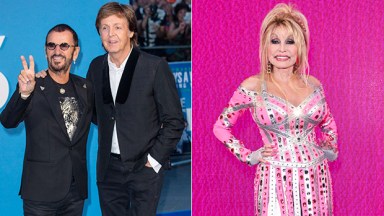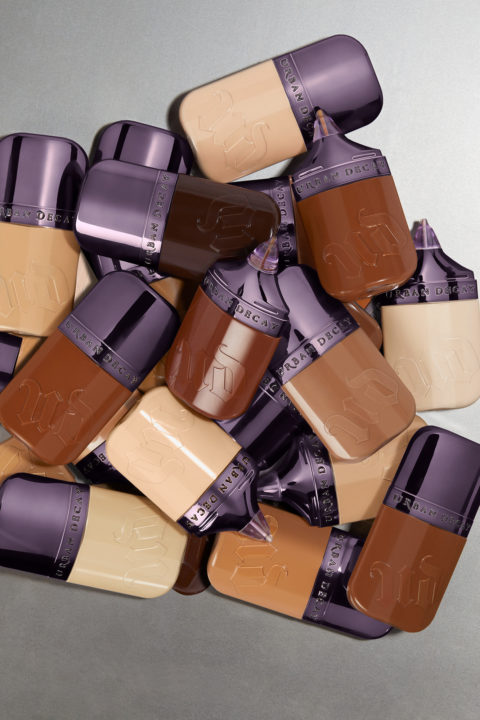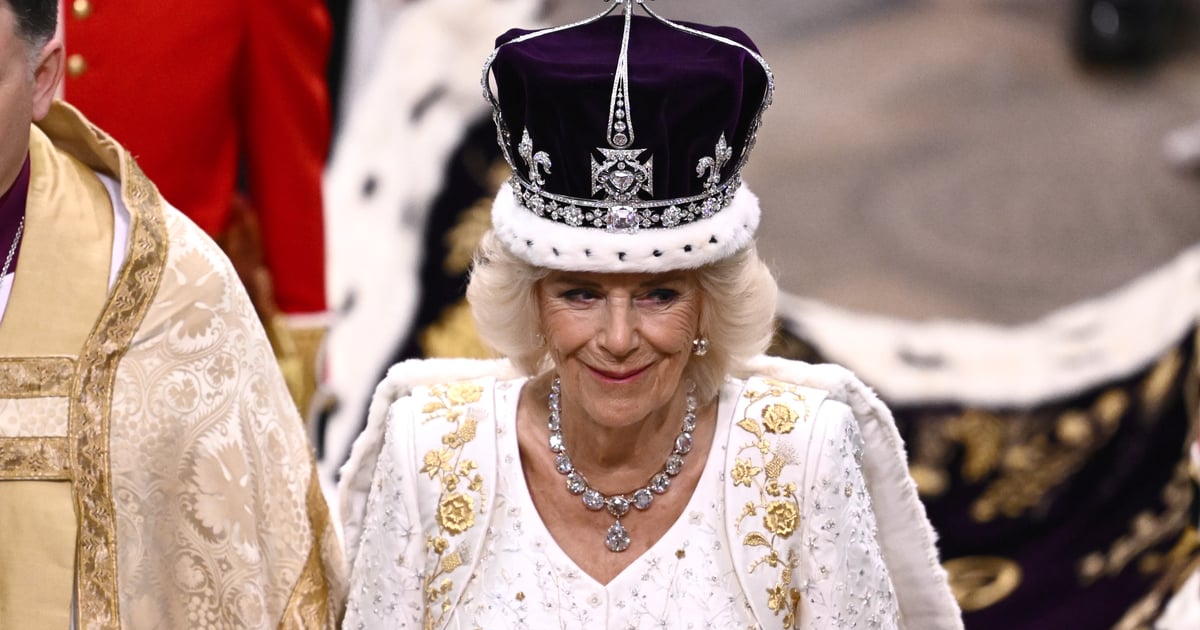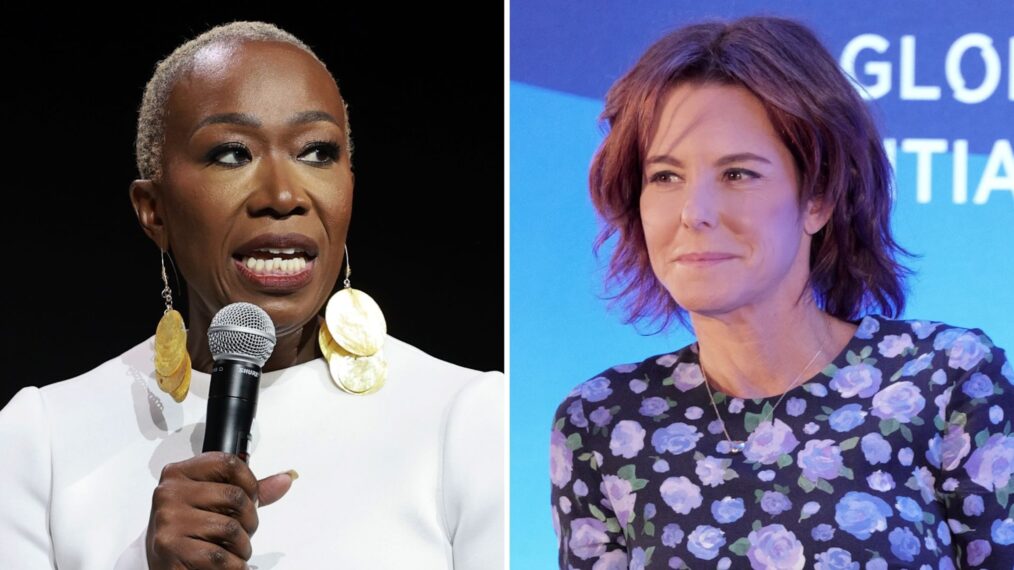The popular track, which is third on Taylor’s recently-released album, is about her insecurities and anxieties. “I really don’t think I’ve delved this far into my insecurities in this detail before,” she said of the song.
“This song really is a real guided tour throughout all the things I tend to hate about myself,” she said. “We all hate things about ourselves.”
This raw honesty is evident throughout the music video, which is written and directed by Taylor herself. She has described the footage as a depiction of her “nightmare scenarios and intrusive thoughts” playing out “in real time.”
The Anti-Hero video is HERE, which I wrote and directed. Watch my nightmare scenarios and intrusive thoughts play out in real time
https://t.co/3ieastDifu
The video features Taylor coming face-to-face with another version of herself: The Anti-Hero. It was quickly praised by fans who commended the singer for such a raw and honest portrayal of her deepest insecurities.
However, one scene in particular caused a stir online when the video was released. The short clip in question saw Taylor standing shamefully on a scale that read “FAT,” while the other version of herself shook her head in apparent disapproval.
Many social media users deemed the clip “fatphobic.”
“Taylor Swift’s music video, where she looks down at the scale where it says ‘fat,’ is a shitty way to describe her body image struggles. Fat people don’t need to have it reiterated yet again that it’s everyone’s worst nightmare to look like us,” read one viral tweet.
Taylor Swift’s music video, where she looks down at the scale where it says “fat,” is a shitty way to describe her body image struggles. Fat people don’t need to have it reiterated yet again that it’s everyone’s worst nightmare to look like us.
“It is possible to appreciate Taylor Swift and midnight as an artist AND call her out on her blatant fatphobia. Taylor Swift should have done better because even if it is relatable and an ‘intrusive thought; it is damaging and fatphobic. Listen to fat ppl when they tell you it is,” one user said.
It is possible to appreciate Taylor Swift and midnight as an artist AND call her out on her blatant fatphobia. Taylor Swift should have done better because even if it is relatable and an “intrusive thought” it is damaging and fatphobic. Listen to fat ppl when they tell you it is
Ultimately, Taylor has now edited the video to remove the scale scene, presumably in response to the heaps of backlash. The video was firstly tweaked on Apple Music, and later on YouTube, too.
But some fans have spoken out in defense of Taylor, who was vocal about her own experience with disordered eating in her 2020 documentary, Miss Americana.
In the candid film, Taylor recalled a period of her life where she “wasn’t eating” much at all, but would monitor what she did consume, as well as overexercising.
“I would have defended it to anybody who said, ‘I’m concerned about you,'” she said, before admitting her response to the concern would have been, “‘What are you talking about? Of course I eat. I exercise a lot.’ And I did exercise a lot. But I wasn’t eating.”
Taylor even revealed that she often felt as though she was going to pass out during her shows as a result of restrictive eating. “I thought I was supposed to feel like I was going to pass out at the end of a show, or in the middle of it,” she said.
She went on to say that she’s still learning how to navigate her thoughts around body image, and can easily be triggered.
“It’s not good for me to see pictures of myself every day,” Taylor said. “It’s only happened a few times, and I’m not in any way proud of it. A picture of me where I feel like I looked like my tummy was too big, or … someone said that I looked pregnant … and that’ll just trigger me to just starve a little bit — just stop eating.”
She later discussed how she’s struggled with feeling pressure to conform to societal beauty standards, describing them as “fucking impossible” to meet.
“There’s always some standard of beauty that you’re not meeting. Because, if you’re thin enough, then you don’t have that ass that everybody wants. But if you have enough weight on you to have an ass, then your stomach isn’t flat enough. It’s all just fucking impossible,” she said.
As a result, many fans read the scene in “Anti-Hero” as both a visual representation of Taylor’s own disordered eating, and an acknowledgement of fatphobia more generally — how its pervasiveness has conditioned us to equate being fat with fear, and the need to undo that thinking.
And many fans have argued that Taylor shouldn’t have had to erase a representation of her own struggle because of other people’s interpretations.
“Taylor wasn’t showing how being ‘fat’ is bad, she’s showing how body dysmorphia affects HER, and HER struggle with it, stop making it about yourselves,” one person wrote alongside a screenshot of a now-deleted tweet that called Taylor “fatphobic.”
media literacy is dead if y’all using this as a gotcha moment, making Taylor seem fatphobic for the mv. Taylor wasn’t showing how being “fat” is bad, she’s showing how body dysmorphia affects HER, and HER struggle with it, stop making it about yourselves.
“I’m really upset about the Anti-Hero music video being edited. It was clearly art that spoke to so many of us. And I feel so bad that Taylor felt bad enough that she felt like she had to change it. I hope she knows we appreciate her art and accept her struggles without judgement,” said another.
I’m really upset about the Anti-Hero music video being edited. It was clearly art that spoke to so many of us. And I feel so bad that Taylor felt bad enough that she felt like she had to change it. I hope she knows we appreciate her art and accept her struggles without judgement
“Everyone experiences their EDs in different ways and to shame her by dictating how a word can be used is dismissing her struggles. It’s cruel and unfair, especially considering she’s spent basically her whole adult life in an industry that places incredible pressure on body image,” a third user wrote.
@TisTheDamnPhD Everyone experiences their EDs in different ways and to shame her by dictating how a word can be used is dismissing her struggles. It’s cruel and unfair, especially considering she’s spent basically her whole adult life in an industry that places incredible pressure on body image
Before long, fans began to recirculate the clip from Taylor’s documentary, reminding others of how open she’s been about her disordered eating.
Taylor has yet to speak out about all the backlash herself, but we’ll be sure to update you if she does.
The National Eating Disorders Association helpline is 1-800-931-2237; for 24/7 crisis support, text “NEDA” to 741741.



































































